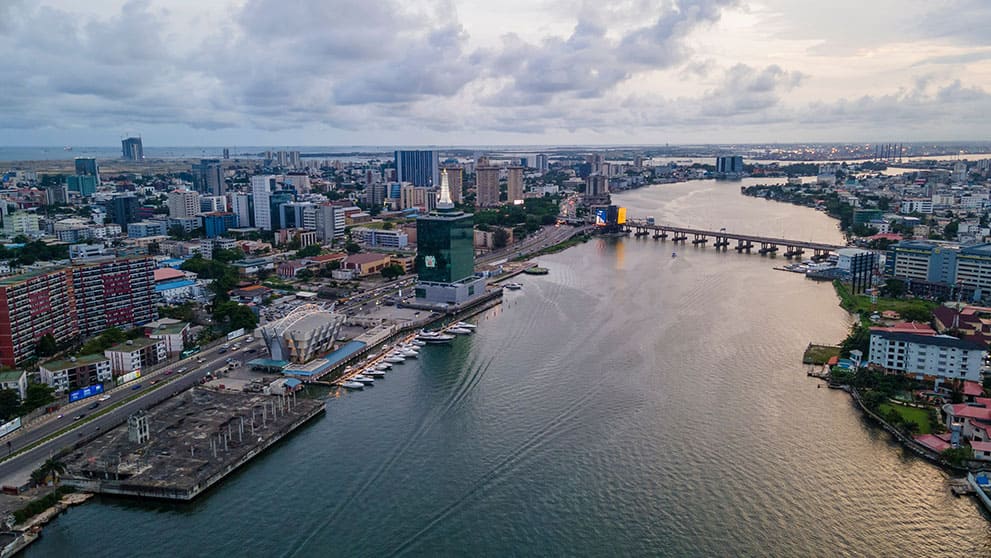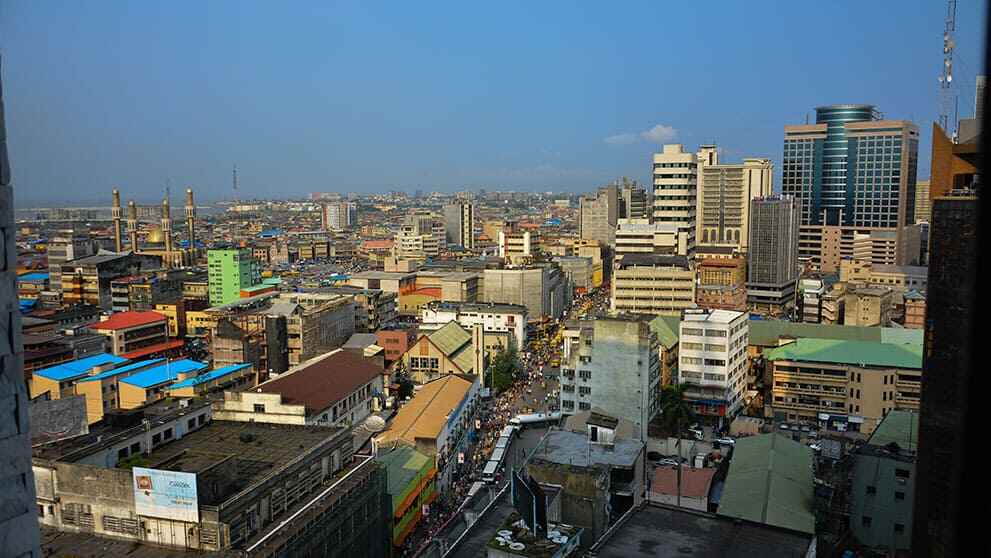The Nigerian fashion scene is a kaleidoscope of colour, creativity, and cultural expression. From the bustling markets of Lagos to the runways of international fashion weeks, Nigerian designers are making their mark on the global industry. This vibrant sector is not just about clothes – it's a celebration of heritage, a driver of economic growth, and a wealth of opportunity for small and medium-sized enterprises (SMEs).
As the nation's economy diversifies, the fashion sector stands out as a vibrant and promising industry for aspiring entrepreneurs.
This article aims to explore the wealth of opportunities available to Nigerian SMEs within the domestic fashion supply chain, shedding light on growth prospects, challenges, and success stories that exemplify the industry's potential.

A Market Ripe for Growth
Nigeria's fashion market is booming, with projected revenues reaching US$1,194.00m in 2024. The industry has experienced steady growth of around 17% per year over the past decade, fueled by increasing demand and initiatives to bolster Nigeria's presence in the international fashion arena. Events like the GT Fashion Week provide a platform for local designers to gain recognition and access a broader audience, further propelling the industry's expansion.
Nigerian fashion is renowned for its unique blend of traditional African elements with modern styles. Designers like Lisa Folawiyo, Nack Apparel and Orange Culture have garnered international acclaim, showcasing the country's rich cultural heritage to the world. As Nigerian fashion gains global recognition, it's clear that this industry is a powerful force for cultural exchange and economic development.
Overcoming Challenges, Embracing Opportunities
While the potential is immense, SMEs in the Nigerian fashion industry face several challenges. Limited access to finance, inadequate infrastructure, and high production costs are among the key hurdles. Addressing these issues will require concerted efforts from the government, private sector, and development partners to improve access to credit, enhance infrastructure, and streamline operations.
Despite these challenges, the opportunities for growth and innovation are vast. By embracing technology, strengthening supply chain management, expanding market reach, and building strategic partnerships, SMEs can navigate the landscape and thrive. Leveraging e-commerce platforms, social media marketing, and data analytics can help SMEs engage with customers and drive sales growth. Collaborating with reliable logistics providers like DHL can streamline transportation, warehousing, and distribution, ensuring timely and efficient delivery of products. Participating in trade fairs, fashion shows, and industry events can increase brand visibility and attract new customers and partners.

Capitalising on Growth Opportunities: Recommendations for Nigerian SMEs
To capitalise on growth opportunities within the fashion supply chain, Nigerian SMEs can adopt the following strategies:
Invest in Technology and Innovation: Embracing technology and digital platforms can enhance operational efficiency, improve customer engagement, and facilitate market expansion. Leveraging e-commerce platforms, social media marketing, and data analytics can help SMEs reach a wider audience and drive sales growth.
Strengthen Supply Chain Management: Efficient supply chain management is essential for SMEs to meet customer demand, minimise costs, and optimise inventory management. Partnering with reliable logistics providers like DHL can streamline transportation, warehousing, and distribution processes, ensuring timely delivery of products to customers nationwide.
Expand Market Reach: Exploring new market opportunities, both domestically and internationally, can diversify revenue streams and mitigate risks associated with market volatility. Participating in trade fairs, fashion shows, and industry events can increase brand visibility and attract potential customers and partners.
Build Strategic Partnerships: Collaborating with industry stakeholders, including suppliers, manufacturers, retailers, and investors, can unlock new opportunities for growth and expansion. Building strong relationships based on trust, mutual benefit, and shared goals can create synergies and drive innovation within the fashion supply chain.
By adopting these strategies and embracing a culture of innovation, Nigerian SMEs can position themselves for sustainable growth and success in the dynamic fashion industry.
Getting Logistics Support and Expertise with DHL
The journey to global recognition will require perseverance, creativity, and a deep understanding of the market. But for Nigerian fashion SMEs, the opportunities are limitless. With the industry's vibrant energy, rich cultural heritage, and growing global recognition, the future of Nigerian fashion is brighter than ever. And
With DHL's expertise and support, SMEs can overcome logistical challenges, expand their reach, and take their place on the global fashion stage. To take advantage of this partnership to grow your business and reach more customers, start by opening an account with us today.
The Nigerian fashion industry is more than just a market – it's a movement. It's a celebration of culture, a driver of economic growth, and a testament to the power of creativity and innovation. And for SMEs, the time to get involved and grow with this vibrant industry is now. The world is waiting for Nigerian fashion, and with the right approach, SMEs can make their mark and take the industry to new heights.













































